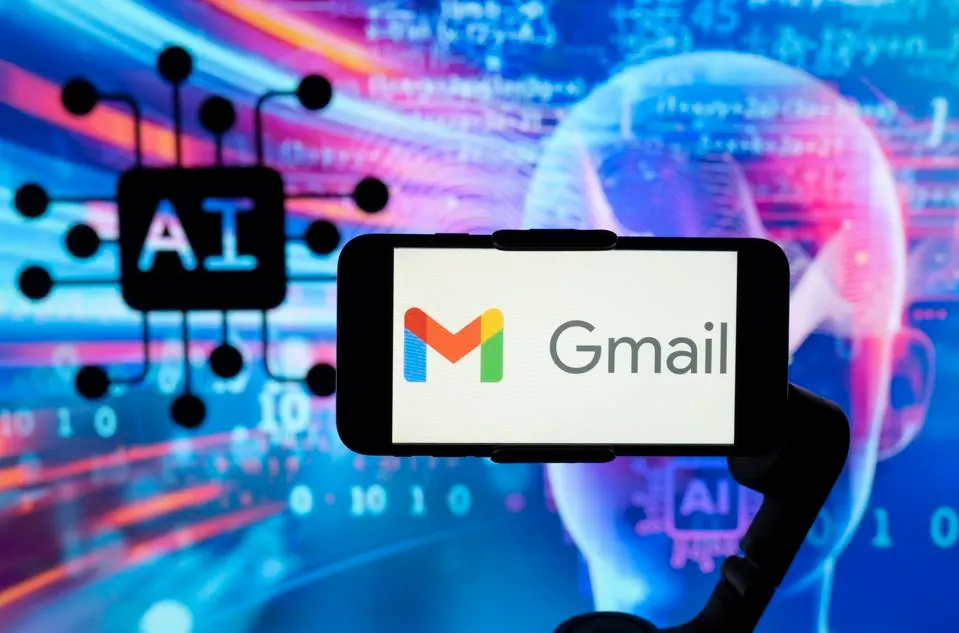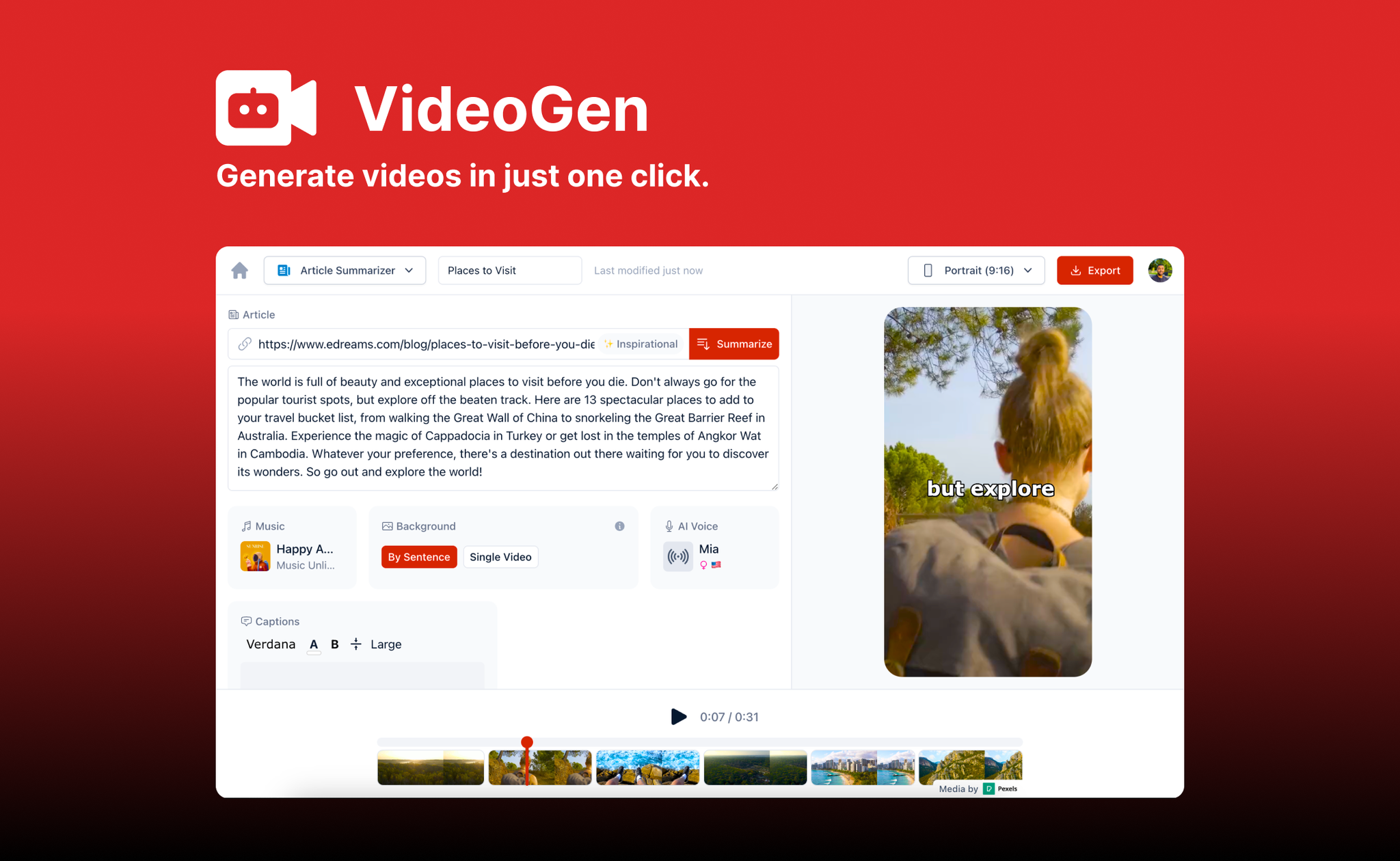A Sophisticated AI-Driven Attack Targets Gmail Users
Hackers are evolving their tactics, using avatars for deception, hiding in plain sight, and even bypassing two-factor authentication (2FA) in novel ways. While cybercriminals have long been a threat, this latest attack takes things to a whole new level. Be warned: this malicious AI is after your Gmail credentials.
Victim Calls It ‘The Most Advanced Phishing Scam I’ve Ever Encountered’
Imagine receiving a call from what appears to be a verified Google support number. A seemingly legitimate technician informs you that your Google account has been compromised and temporarily suspended. To confirm their authenticity, they send an email from an official Google domain. You check the number online and find it listed on Google’s website. Everything seems real.
The next step? They send you a Google verification code to reclaim control of your account. But just before clicking, Zach Latta, founder of Hack Club and the almost-victim of this scam, realized the entire interaction was AI-driven—an incredibly sophisticated phishing attack.
If this sounds familiar, that’s because it is. On October 11, I first warned about AI-powered phishing threats targeting Gmail users. The strategy remains unchanged, and the warning is as crucial as ever: stay vigilant and never drop your guard.
Experts Warn of Evolving Cybercrime Tactics
“Cybercriminals are constantly refining their methods to exploit vulnerabilities and evade security measures. Organizations must be agile in adapting to these evolving threats,” said Spencer Starkey, vice president at SonicWall. “This includes proactive security assessments, real-time threat intelligence, and incident response planning.”
“The rapid emergence of new attack methods makes them harder to detect, posing significant challenges for cybersecurity experts,” Starkey added. “Businesses must continuously monitor network activity, tracking login locations and devices to detect anomalies.”
For everyday users, the key takeaway is simple: if someone claiming to be Google support contacts you, stay calm and hang up. Google will never call you.
When in doubt, use Google’s own tools to verify suspicious activity. Sign in to your Gmail account via the web, scroll to the bottom-right corner, and check your recent login history. Also, review Google’s guidelines on safeguarding against phishing attacks.
Advanced Protection Program & Passkeys: Your Best Defense Against AI Phishing Scams
Google offers a powerful but often overlooked security feature to defend against sophisticated phishing threats: the Advanced Protection Program. Originally designed for high-risk users like journalists, politicians, and activists, this program is open to anyone seeking stronger security.
Once enrolled, logging into Gmail requires a passkey or a hardware security key. Even if hackers obtain your username and password, they cannot access your account without the physical key stored on your smartphone or biometric authentication.
Additionally, the program limits third-party access to your Google account data, ensuring that only verified apps can request permissions. Google also increases security measures, adding extra warnings before downloading files or installing apps.
A Google spokesperson confirmed, “We have suspended the account behind this scam. While we have not observed widespread attacks of this nature, we are strengthening our defenses against similar threats.”
For Gmail users, the message is clear: Stay alert, use enhanced security features, and never trust unsolicited support calls.






